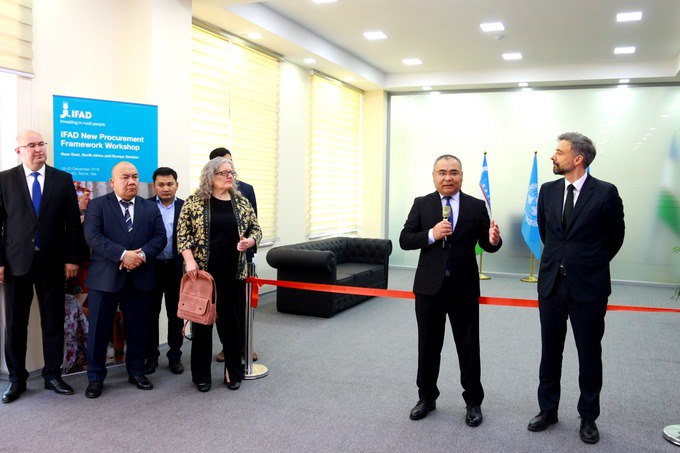BISHKEK (TCA) — Prior to 2016, no country in the Caucasus or Central Asia had developed indicators to monitor sustainable forest management on a national level. Two years later, five countries – Armenia, Georgia, Kazakhstan, Kyrgyzstan, and Uzbekistan – are on board with a project from the UN Food and Agriculture Organization (FAO) and the United Nations Economic Commission for Europe (UNECE) to establish accountability systems for forest management.
Representatives of all five project countries are meeting in Tbilisi, Georgia, this week to share experiences and sharpen processes and outputs during a regional interim workshop. A combined day with the UNECE/FAO Team of Specialists on Monitoring Sustainable Forest Management allows experts from the project countries to learn from team members, and vice versa.
“We are very happy to see that countries in the Caucasus and Central Asia have discovered criteria and indicator sets as a strong forest monitoring and policy tool,” said Stein Tomter of the Norwegian Institute of Bioeconomy Research, who is leading the team of specialists. “This workshop provides a fertile soil for cooperation, and we hope to gain some new members and perspectives for the team.”
Since the project began, Georgia and Kazakhstan have greatly advanced in the development of their national reporting systems.
Kazakhstan based its national set on the Montreal Process, which was developed for countries with temperate and boreal forests. Kazakhstan’s project team consulted with other national institutions on its draft national criteria and indicator set and plans to get approval by a decree of the minister in 2018.
Armenia, Kyrgyzstan, and Uzbekistan developed their draft sets during national workshops and are heading toward finalization by the end of the project in 2019.
The process of developing national sets of indicators has helped inform the construction of a modern forest policy tool and has induced numerous discussions among the project countries on the role of forests and their management.
“The project has stimulated exchange and cooperation among the five countries,” said Ekrem Yazici, deputy chief of the Joint UNECE/FAO Forestry and Timber Section. “It also supports their active participation in international forest-related processes and contributions to the sustainable development of the forestry sector, the Sustainable Development Goals, the Global Forest Resources Assessments, and the United Nations Strategic Plan for Forests.”









